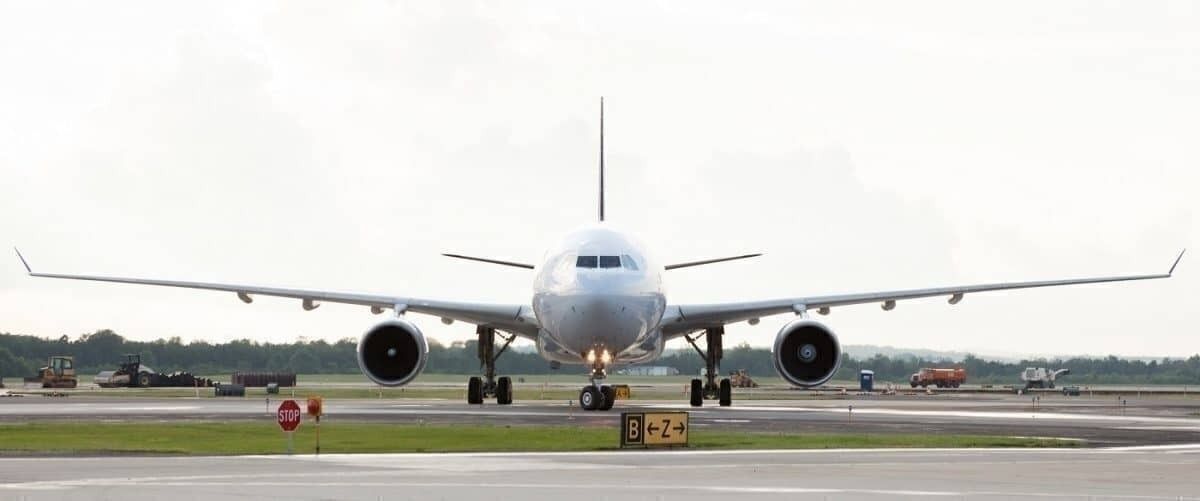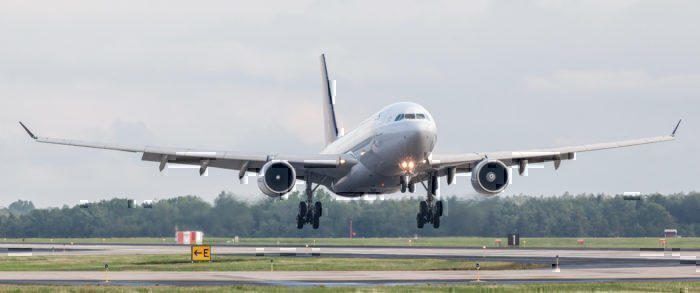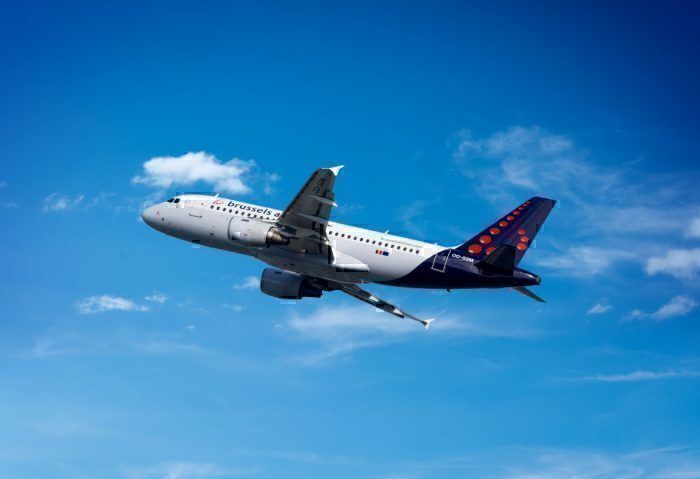If you’re booked to travel on Brussels Airlines, you might notice a change onboard. From October 27th, the airline will no longer offer any printed magazines on board, in a bid to reduce its environmental impact. Instead, passengers will be offered a subscription to a digital magazine of their choice. It is estimated the move will save 115 tons of transported weight per year, leading to a 35-ton reduction in CO2 emissions.
Going paperless
Across the travel industry, paper is disappearing. Today, it is becoming just as common to check-in via an app on our smartphones as it is to have a printed boarding pass. Now, Belgian carrier Brussels Airlines is looking to take this one step further by eliminating printed magazines from all of its services.
From the start of this week (October 27th), no more printed mags will be carried onboard any of their aircraft. This will cut the associated weight of transporting the magazines by some 115 tons across its 250 daily flights.
That’s not to say people don’t like to read inflight magazines. In fact, a Simple Flying Twitter poll recently found that 57% of travelers like to actually read the articles, while 22% use them to look at the maps. Only one in five passengers (20%) told us that they never read the publications at all.
Brussels Airlines clearly understand this, and as such will still be offering magazine content but in the form of a digital download. According to the airline’s press release, the publications offered will include:
- Het Laatste Nieuws
- De Tijd
- Algemeen Dagblad
- De Volkskrant
- Het Parool
- Trouw
- Le Soir
- L’Echo
- La Capitale
- La Meuse
- La Gazette
- La Province
- Nord Éclair
Clearly these are tailored for the Franco-Flemish audience of its home nation. Perhaps more selections will be added in the future. As Brussels Airlines do not offer WiFi onboard its flights, passengers will presumably be given their subscription ahead of the flight and will need to download their reading material before boarding.
Brussels Airlines says that it is pushing for paperless in other areas of its operation too. In 2018, more than half (52%) of its passengers used a smartphone boarding pass, a number that continues to rise. As such, the airline has revamped its mobile app to make it even easier to use.
Cutting carbon emissions too
Simple Flying’s Tom Boon previously looked at how cutting out inflight magazines could reduce carbon emissions. While we try not to geek-shame him too much for actually weighing a copy of High Life, in truth, he makes a good point.
On an average twice a day flight operating daily throughout the year, Tom worked out that an airline could save some 72,500kg of weight from just one plane if inflight magazines were removed.
Brussels Airlines has clearly cottoned on to this fact, and estimates that the removal of printed mags will save some 35 tons of CO2 across its 250 daily flights. However, the airline will still keep its own published inflight magazine, so if your smartphone is dead, you'll still have some reading material on board.
And the Belgian airline is not alone in its bid to go paperless. Earlier this year, both KLM and Finnair ceased handing out printed inflight publications, opting instead for a digital download. With the rise in inflight WiFi proceeding at a blistering pace, we anticipate we’ll see many more airlines going the same way in the future too.



